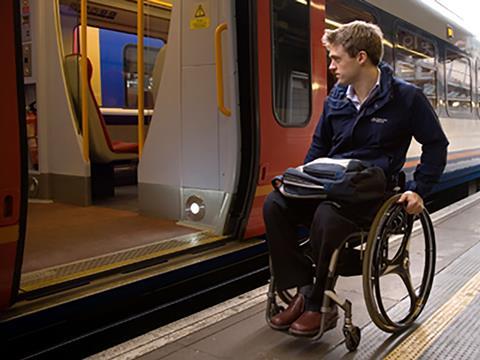
UK: The Office of Rail & Road has published updated guidance designed to enable train and station operators to provide older and disabled people with greater confidence when travelling by rail.
The Accessible Travel Policy replaces ORR’s Disabled Persons’ Protection Policy and broadens its scope. Updated requirements include:
- better staff training in disability awareness, including involving disabled people in service delivery and requiring refresher training at least every two years;
- increasing the reliability of assistance for passengers who book in advance and those that request assistance at the station, by introducing a new standardised handover process for all main line stations by June 2020;
- improving the ability for passengers to receive redress when booked assistance fails;
- reducing the notice required for booking assistance from the current maximum of 24 h to 2h ahead of travel by April 2022;
- making journey planning easier by improving the quality of information available to passengers on what facilities, such as step-free access and staffing, are available at key stations.
ORR said passengers using booked assistance services made almost 1·3 million journeys in 2018-19, an increase of 2% on the previous year. While research had found that most passengers were satisfied with the service received, problems with systems and processes meant that they did not always receive the service expected.
‘The previous guidance was written a decade ago and since then society’s expectations have moved on’, said Stephanie Tobyn, ORR’s Deputy Director, Consumer Affairs, when the new guidance was launched on July 27. ‘The changes we have made reflect a greater awareness of the accessibility needs of different individuals, changing demographics and travel patterns, and the many opportunities presented by new technology. We will now work with the train and station operators to ensure they deliver on society’s changed expectations.’
All operators are expected to submit revised policies to ORR by December.



